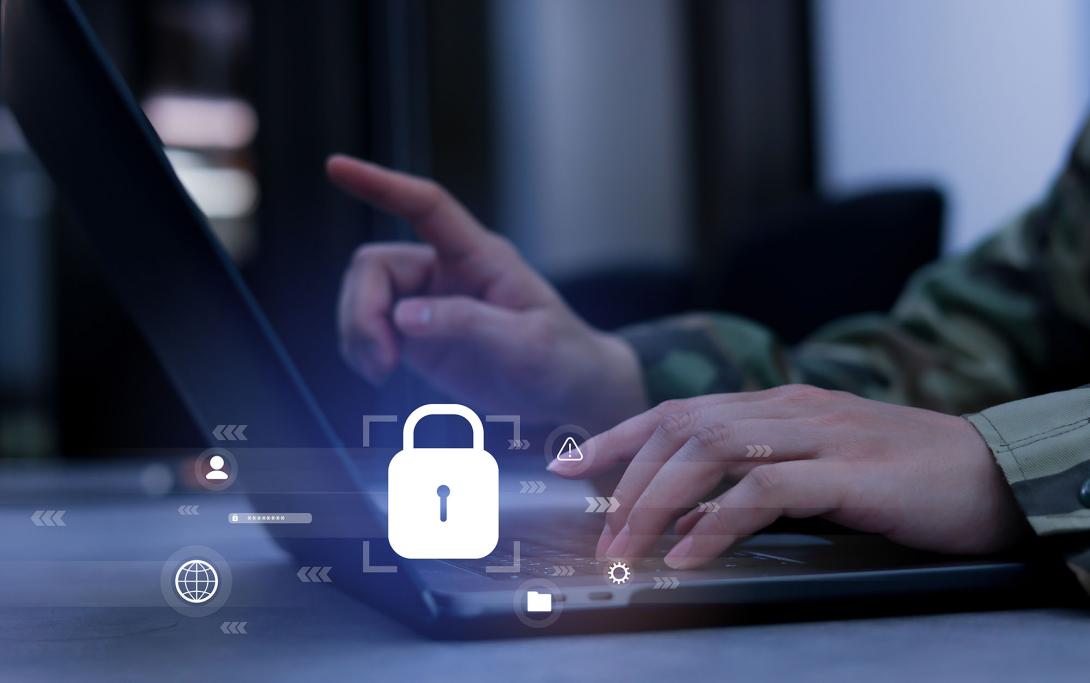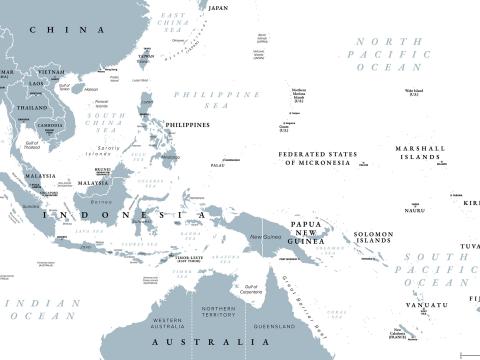On Point: Q&A With Reginald L. Cook
Reginald “Reggie” L. Cook is the deputy G-3/5/7 and chief of training for the U.S. Army Cyber Center of Excellence (CCoE) at Fort Eisenhower, Georgia. Prior to joining the CCoE team in November 2022, he was a government contractor in Army Cyber Command’s G-8, Program Analysis and Evaluation Office. Before that, he was a government contractor in G-3 Operations and Plans at the U.S. Army Central Command from October 2017 to December 2020.
How would you describe your duties?
I am responsible for the day-to-day operations of over 300 staff members: military, civilian and contractors. I manage the CCoE G-3/5/7 Operations, Plans and Training organization and execute the responsibilities, actions, projects and taskers to complete missions as they arise.
I ensure we provide adequate training and professional development opportunities to all members of the G-3/5/7 and coordinate with U.S. Army Training and Doctrine Command (TRADOC), Combined Arms Center (CAC) and higher headquarters to acquire resources to support training programs and develop emerging requirements for the Signal School, Cyber School, Noncommissioned Officer (NCO) Academy, 15th Signal Brigade and the CCoE staff. I also manage the annual CCoE course execution program, ensuring the CCoE executes requirements to train over 18,000 soldiers, sailors, Marines and airmen.
What are your biggest accomplishments in the position?
Honestly, one of my biggest accomplishments has been assisting the Signal School, Cyber School and NCO Academy to articulate resource constraints to TRADOC and CAC. The CCoE does an outstanding job of training soldiers, developing leaders and meeting mission demands. The entire team is devoted to developing a professional force using provided resources. Our team’s dedication to the success of each team member has been paramount, and I have strived over the last 20 months to ensure TRADOC and CAC are aware of these daily efforts.
Also, I am proud of the continued integration between the CCoE and AFCEA for Augusta TechNet (2023 and 2024). Senior Defense Department and AFCEA leaders have exclaimed that these two years have been the best since the inception of TechNet Augusta 11 years ago. Our teams dedicate hundreds of hours from January through August to plan, coordinate and execute a professional forum for the military, academia and industry to gather and discuss relevant topics impacting all three.
What should we expect in the coming months?
In the last year, the CCoE has worked with Army Cyber Command units to develop an artificial intelligence program similar to ChatGPT. During the annual Association of the United States Army conference in Washington, D.C., this October, we will demonstrate the capabilities of CamoGPT-CCoE. Additionally, in the first quarter of calendar year 2025, the CCoE will conduct its second G-3/5/7 training summit, including participants from TRADOC and CAC, that will be open to industry partners by invitation only. Prior to the COVID-19 pandemic, this was a way to partner with industry, and we will bring these back, starting with a small venue.
What short-term changes can we expect as the CCoE adapts to technical advances?
The CCoE wants to incorporate CamoGPT-CCoE into the workforce with instructors and course developers utilizing the tool to streamline updating programs of instruction, as well as modifying administrative documentations and course content. Once the capability is fully operational, the CCoE will develop training to ensure our staff and faculty can expertly leverage existing data to improve organizational efficiency.
And what will be the likely long-term trends?
We are looking at the future use of augmented reality (AR)/virtual reality (VR) for classroom instruction. With the technological changes taking place in signal and cyber across the active-duty Army, National Guard and Reserve, it is difficult to maintain a fleet of equipment at the CCoE that reflects operational force equipment. The potential use of AR/VR platforms can help alleviate equipment differences between the classroom and what soldiers will see at their assigned units.





Comments